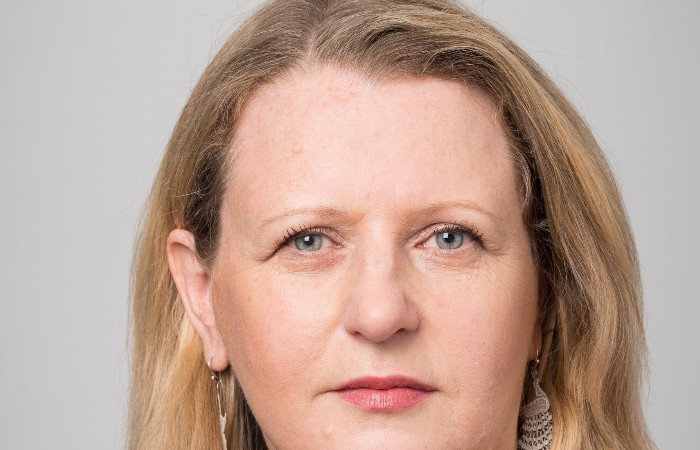CPE: Voting secrecy needed to ‘avoid lobbying and undue influence by vocal parts of sector’
In News
Follow this topic
Bookmark
Record learning outcomes
Community Pharmacy England (CPE) chief executive Janet Morrison has vigorously defended the way its committee operates and insisted it does not reveal how individual members vote to “avoid lobbying and undue influence by more vocal parts of the sector”.
Criticism of CPE over the secrecy of voting on its 25-strong committee boiled over during Sigma Pharmaceuticals’ conference in Baku last week, with delegates demanding transparency.
Former North-East London LPC secretary Hemant Patel claimed there was a “secret cabal” within CPE and called for a review of the process.
“They are a union. Can you imagine a union going back to the constituency and saying, I can't tell you how I voted? It is nonsense,” he said.
Pharmacists have a right to know who voted ‘yes’ and who voted ‘no’
Contractor Uma Patel said pharmacists had a right to know who voted ‘yes’ and who voted ‘no’ on funding issues.
Prakash Patel, who sits on the committee as one of 10 regional representatives elected by independent pharmacy owners, agreed that individual members’ voting “should be shown” and said he would put it to the committee. The Government demands all 25 committee members sign non-disclosure agreements.
“If the grassroots want that secret ballot to be revealed, I am happy to go back to the committee and put it as an agenda point where it can be discussed,” Patel said.
However, Morrison (pictured) told Independent Community Pharmacist Governments of all political persuasions require negotiations are carried out “under a strict confidentiality protocol” and insisted “this remains the case”.
Considerable complexity, analysis and interplay
She said confidentiality was not only being impinged on CPE but was necessary to avoid outside interference in its committee’s discussions.
“There is considerable complexity, analysis and interplay between priorities and trade-offs which the committee weigh up throughout the negotiations process to arrive at the final offer,” she said.
“The committee is also often operating under significant time pressures, given the need to get news and additional funds to pharmacy owners as quickly as possible: this is particularly sensitive when negotiations run so close to the beginning of the new financial year.
“Some elements of the settlement are also market-sensitive. The committee, therefore, works on a consensus view throughout the negotiating process in line with objectives and agreed policies of the committee, building towards the final decision.”
Morrison attempted to allay contractors’ concerns about the secrecy of voting by insisting CPE “consults pharmacy owners on their priorities, which are then shaped into objectives and strategy by the committee”.
“Most of the committee’s decisions are unanimous and we are not in the habit of revealing how individual committee members voted to avoid lobbying and undue influence by more vocal parts of the sector,” she said.
“Members take seriously their responsibility to make decisions for the good of the whole sector and, ultimately, the committee takes collective responsibility for all its decisions no matter which way individuals voted.”

